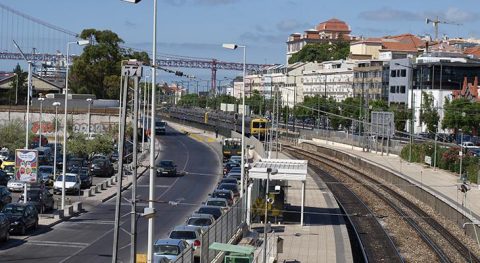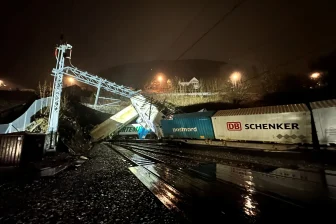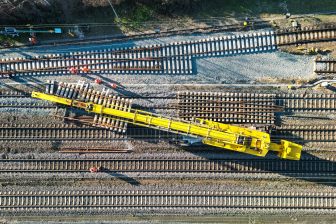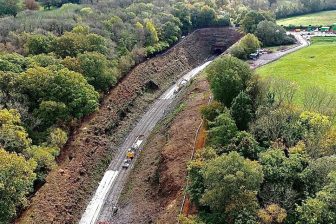
Thales to deploy ETCS on Portuguese Cascais railway
source: Infraestruturas de Portugal
Infraestruturas de Portugal has awarded Thales three new contracts for the modernisation of signalling systems. This includes ETCS level 2 on the Cascais line and new electronic interlocking, among other things.
Want to read more?
You have read all of your free premium articles for this month. Please become a subscriber to keep reading.
Subscribe now!
Take advantage of our exclusive offer to get full access to all premium content.



